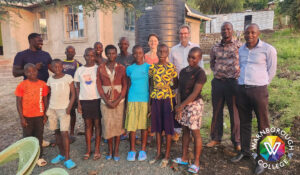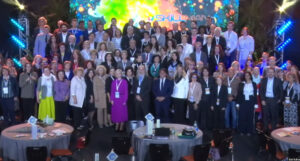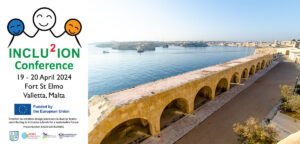I believe that everyone doing an academic programme should be forced to attend a creative writing course. Sure, there are naysayers out there who think that learning how to write poetry or a memoir is a waste of time (and money).
Academic writing is generally reader-unfriendly. Long, convoluted sentences in the third person paraphrasing things which were already paraphrased, and then referencing all that. How about waxing lyrical about this and that before you actually get to the main point (in order to allow your reader to ‘make up their own minds’)?
No, in general, thesis and dissertation writing is hideously boring, unspiring (uninspired?) and emotionally-unstirring (quite rightly so, argue the academics – academic work needs to be neutral).
So, let’s compare academic writing to creative writing for a second:
a) The Hypothesis
This is really like your overall outcome of your story, isn’t it? What’s the overall aim of you writing your story? Does the hero save the day/get the girl/die?
b) Methods, Materials and Data
What genre will you use for your story? Is it a murder mystery or science fiction or a romantic epic or a bildungsroman? This will dictate the plot devices you can use.
c) Literature Review, Experiments, Surveys, etc.
These are the plot devices you put in place in order to advance and enhance your story. What you do here will impact on your story later on.
d) Actual Content/Discussions/Debates
This is where mimesis comes in handy – you have represent or imitate the world of your experiments/research clearly so that your readers can identify with what you want to say. Every creative story has its own world, its own setting – this allows the reader to feel part of it all and identify with the characters which inhabit this created world. You need to be able to draw your reader into your thesis, make them understand your intent, empathise with what you are trying to do. When they can see it from your perspective, you can rest a lot easier.
e) Conclusions and Recommendations
Well, you need a strong ending just like in any good book. You must have resolved a lot, if not all, of the issues highlighted by your various plot devices. If there is scope for further research (a sequel), then allow for that possibility.
Therefore, writing a thesis is no different to writing a creative story or novel. In fact, creative writing techniques and principles will help you to enhance your academic work.
a) Tell your ‘story’ more creatively and effectively – e.g. change your timeline structures, write from other perspectives, etc.
b) Creative writers are more creative, observant, analytical, and critical in thought and deed – this allows them to approach their work with far more depth and problem-solving skills than the average thesis writer.
c) Use language that is more expressive, concise and engaging – you really don’t want your readers to get bored of you, or worse, not understand what you are saying.
d) Be better at punctuation, grammar and (para)phrasing – this increases the professionalism of your work and ensures that your meanings are not clouded, distorted or wrong.
e) Discover your own ‘voice’ – develop your own writing style, establish yourself as a readable academic (wouldn’t this make your books sell faster and better?).
Warnborough College offers creative writing courses by distance learning, from short courses to a MA in Creative Writing and a PhD in Creative Writing.





